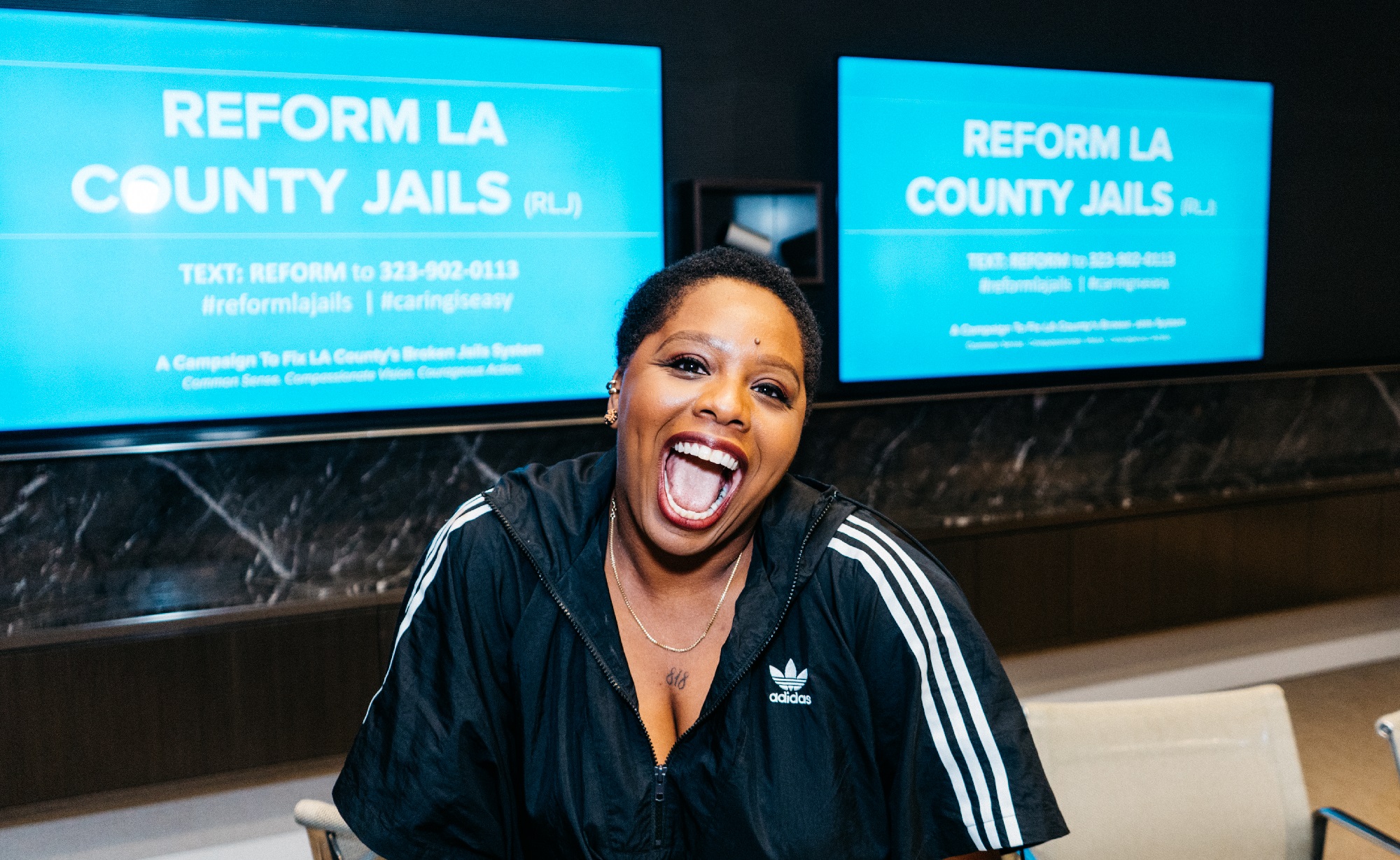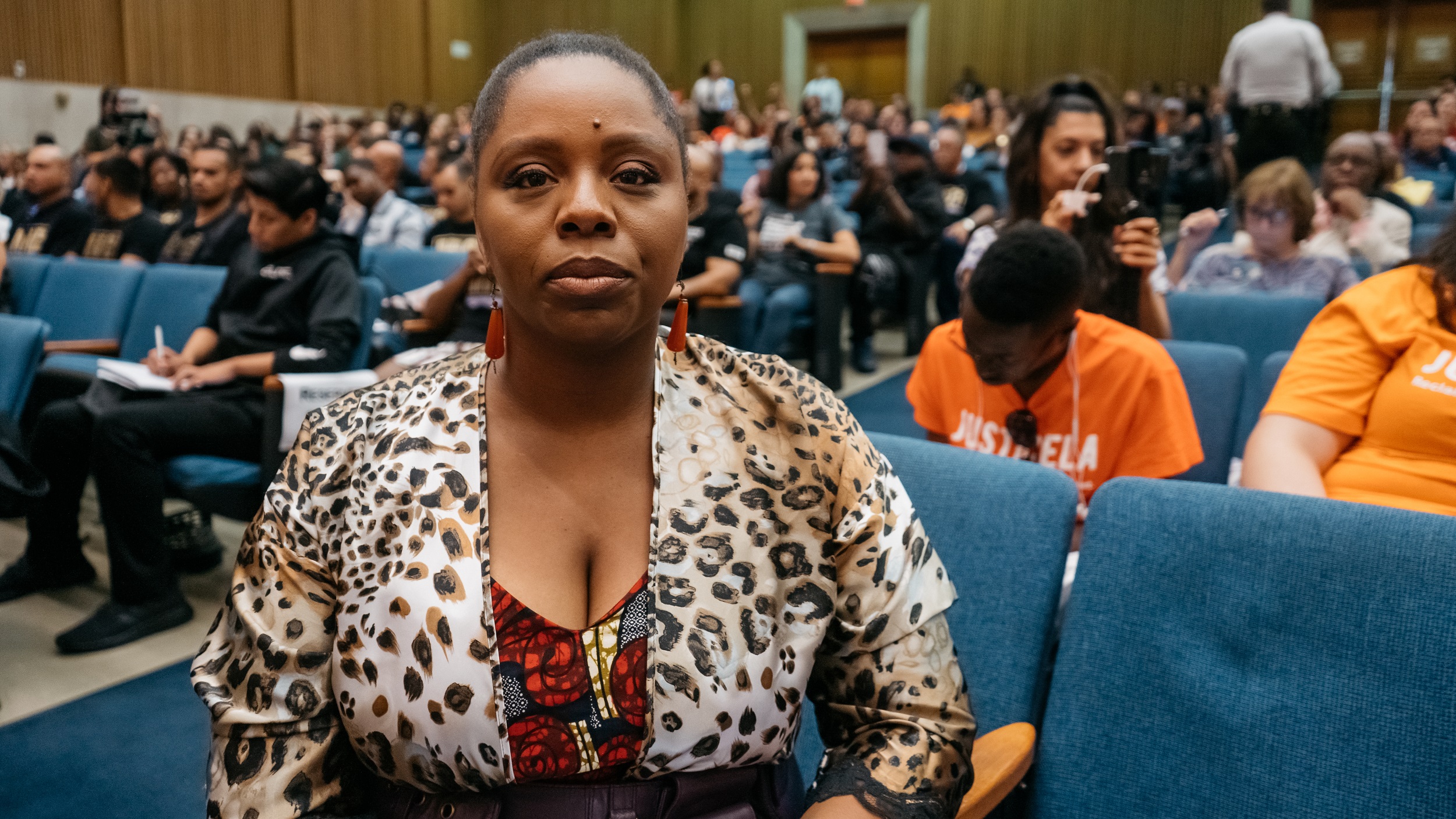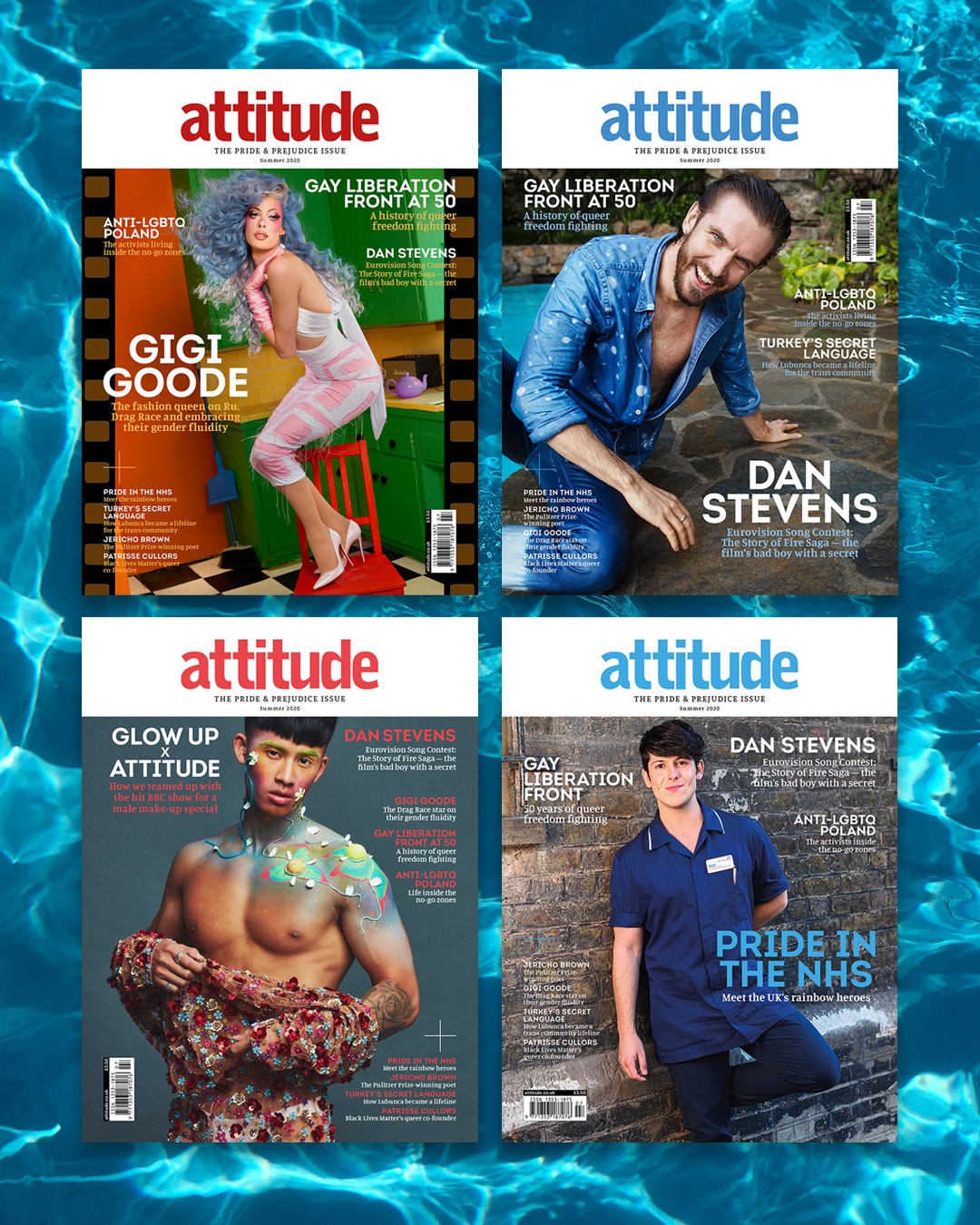Black Lives Matter’s queer co-founder Patrisse Cullors shares some valuable life lessons
"It’s not important to be liked, but it is important to be respected."
By Will Stroude
Artist, activist and public speaker, Patrisse co-founded the Black Lives Matter global movement in 2013 with the viral Twitter hashtag #BlackLivesMatter.
The organisation now has dozens of branches around the world fighting anti-Black racism. Her 2018 book, When They Call You a Terrorist: A Black Lives Matter Memoir became an instant New York Times bestseller.
Patrisse, 36, has also been on the front lines of criminal justice reform and championed Reform LA Jails, to bring accountability and fairness to LA’s criminal justice system, as well as to improve psychiatric care, drug treatment and other services for people in jail.

As an artist, Patrisse has directed and produced world-renowned theatre and docu-series, with her work often focusing on trauma, healing and resilience. Her most recent first solo show, Respite, Reprieve and Healing: An Evening of Cleansing was an ode to her exhaustion and respite.
Both here and in the Attitude Summer issue – out now to download and to order globally – she shares some of the valuable life lessons she’s learnt during two decades of activism…
The achievement I’m most proud of is the work I’ve done to support marginalised communities across the globe.
When I find myself questioning a decision, I usually ask myself if it is from a place of courage or fear. If it’s from fear, I renegotiate it before moving forward.
My work with Reform LA Jails taught me that a grassroots campaign can take on the largest jailer in the world and win.
I first realised that Black Lives Matter was impacting the global discourse when people from around the world were using the hashtag to call out injustice.
My biggest regret is not spending more time to care for myself when the Black Lives Matter movement first started. It taught me that healing justice must be at the centre of all the work I do.
I practise good mental health by seeing a therapist twice a week, and I have a strong friendship circle of accountability.
How do you evaluate success? If the material conditions for black folks and marginalised folks shift and are made better, then I know I’ve been successful.
The best advice somebody has given me is that I needed to be more like a chess player and less like a boxer.

Photo: Giovanni Solis
I have met so many inspirational people, but obviously Angela Davis stands out. Her work to redefine abolition in a contemporary context has been so ground-breaking for so many young organisers.
I am happiest when my child and I are singing together.
Black folks’ laughter brings me the most joy.
When my spirits are down I call my best friends and cackle.
The best book I have ever read is Octavia Butler’s ‘Fledgling’. Vampires, racism and empire-building! The best.
It’s not important to be liked, but it is important to be respected.
I learned that being different was empowering when I was 12 years old and I showed up to school with one of my weird outfits on. I’d never felt so free in my life.
After I had my heart broken for the first time, I learned that I can and will survive.
The greatest gift my sexuality has given me is freedom.
See this feature in the Attitude Summer issue, out now to download and to order globally.
Subscribe in print and get your first three issues for just £3, or digitally for just £1.54 per issue.

